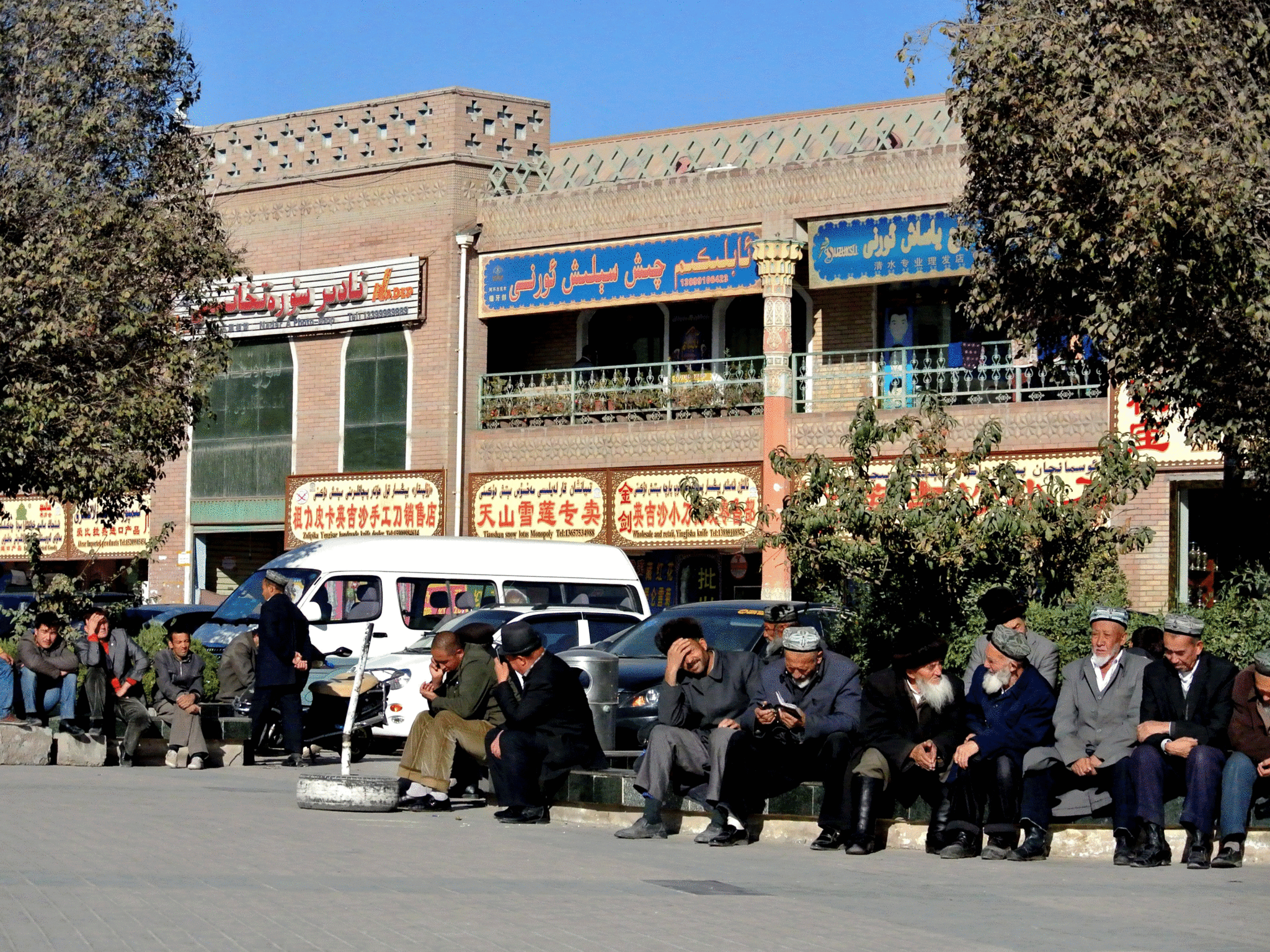It isn't 'terror' or 'unstable elements' providing the greatest threat to China's Muslims... it's AIDS, says whistleblower
Uyghurs now account for 80 per cent of HIV/AIDS victims in the Xinjiang region of China, it has been reported

A Chinese whistleblower has revealed HIV is the most “harmful social phenomenon” sweeping a region in the country’s north-west – rather than “unstable elements” such as terrorism and religious extremism.
In an interview with Radio Free Asia (RFA), former health official Feruk Pidakar - which is not his real name - told of the increase of HIV and AIDS among young men in Uyghur, in the southern part of north-west China’s Xinjiang region.
He said this had been caused by an influx of prostitutes who came to the area in 2009 and transmitted the disease.
“Now HIV/AIDS is a most dangerous disease in the Uyghur autonomous region, especially among local Uyghurs,” according to Mr Pidakar, who said he was a former senior government official at the Office for AIDS Control and Prevention under the Health Department of the Xinjiang Uyghur Autonomous Region.
“It’s a more dangerous and harmful social phenomenon than the ‘unstable elements’ which are caused by so-called ‘terrorism’ and ‘religious extremism,’ according to the Chinese propaganda,” he told RFA.
He said many Han Chinese people had moved to the area, with the government’s support, and hundreds of brothels had opened up “under the guise of beauty salons, massage parlours or bathrooms”.
Local Uyghurs now account for 80 per cent of HIV/AIDS victims in Xinjiang, Mr Pidakar told RFA.
He said many factors had contributed to the increase in the area including the government’s failure to organise preventative measures, a lack of education and not enough public awareness of the disease.
Mr Pidakar said most of the Uyghur population, especially the farmers, did not know how to stop HIV spreading.
“Today people refer to the HIV/AIDS epidemic in the region as ‘a Uyghur disease’.
“To a large extent, the local authorities are focusing their main work on maintaining ‘stability’ and fighting the ‘war on terror,’ and refuse to do any kind of HIV/AIDS education or prevention work,” he said.
According to RFA, Mr Pidakar said Uyghurs have complained that although the government has set strict rules banning Muslim praying, fasting and other religious activities to maintain ‘social stability’ and national security, it has failed to ban the illegal activities of sex workers and continued to allow red-light districts.
It has been reported that authorities have turned a blind eye to the red light district which has emerged in the area in recent years.
Speaking to RFA, Memetjan Sadir, a Uyghur sociologist, added: “Educated Uyghur citizens and government employees know that the immigrant Han sex workers are infected with the HIV/AIDS virus, but nobody dares to complain about them.
“If they speak openly, they know very well that they will be accused of the crime of ethnic separatism or religious extremism.”
Join our commenting forum
Join thought-provoking conversations, follow other Independent readers and see their replies
Comments